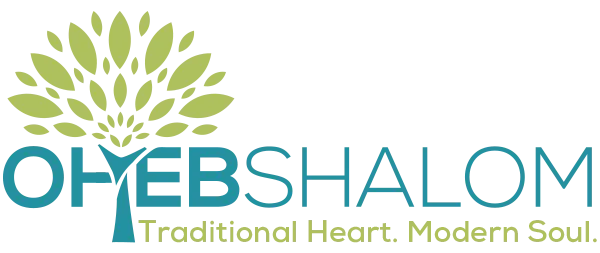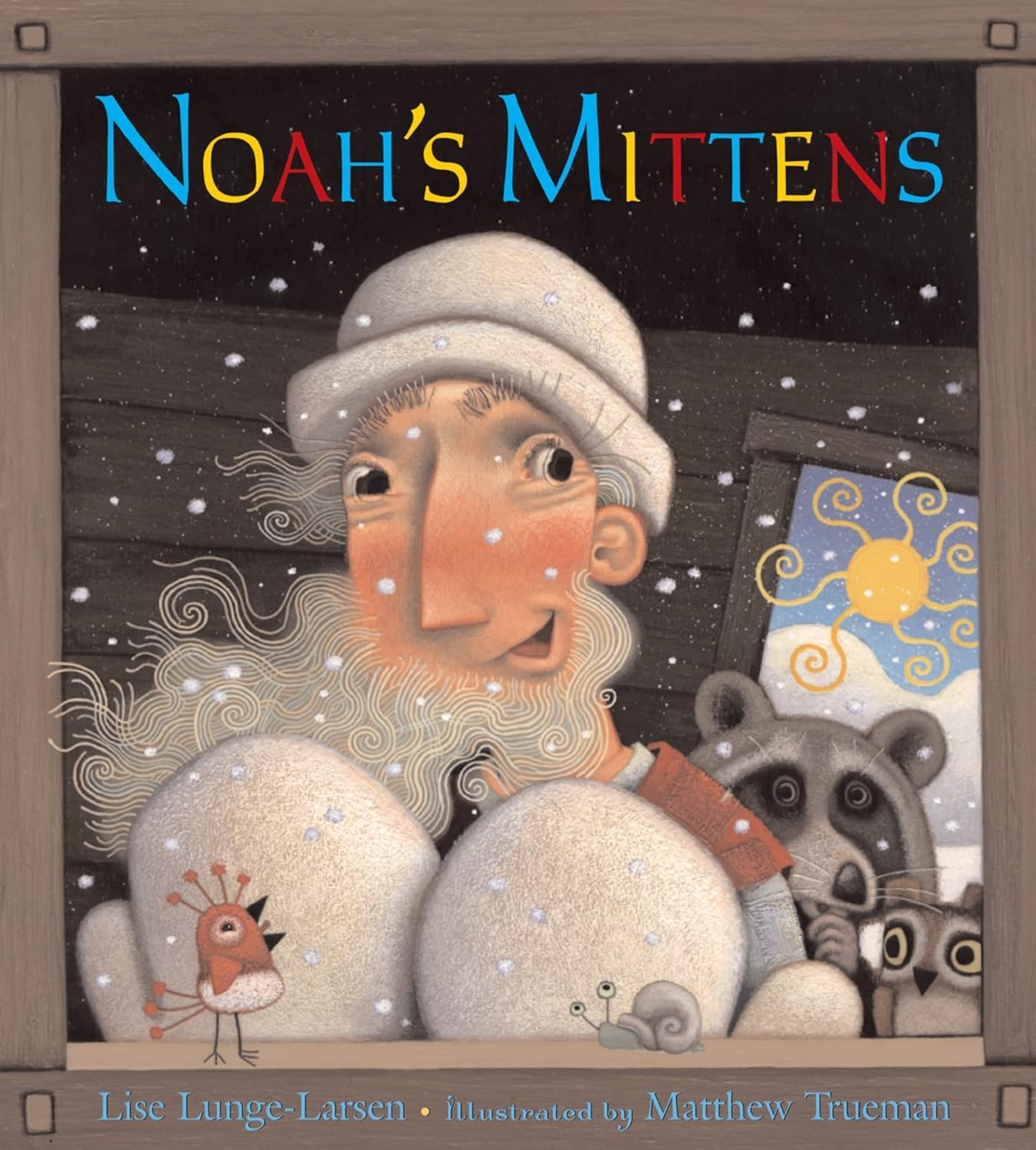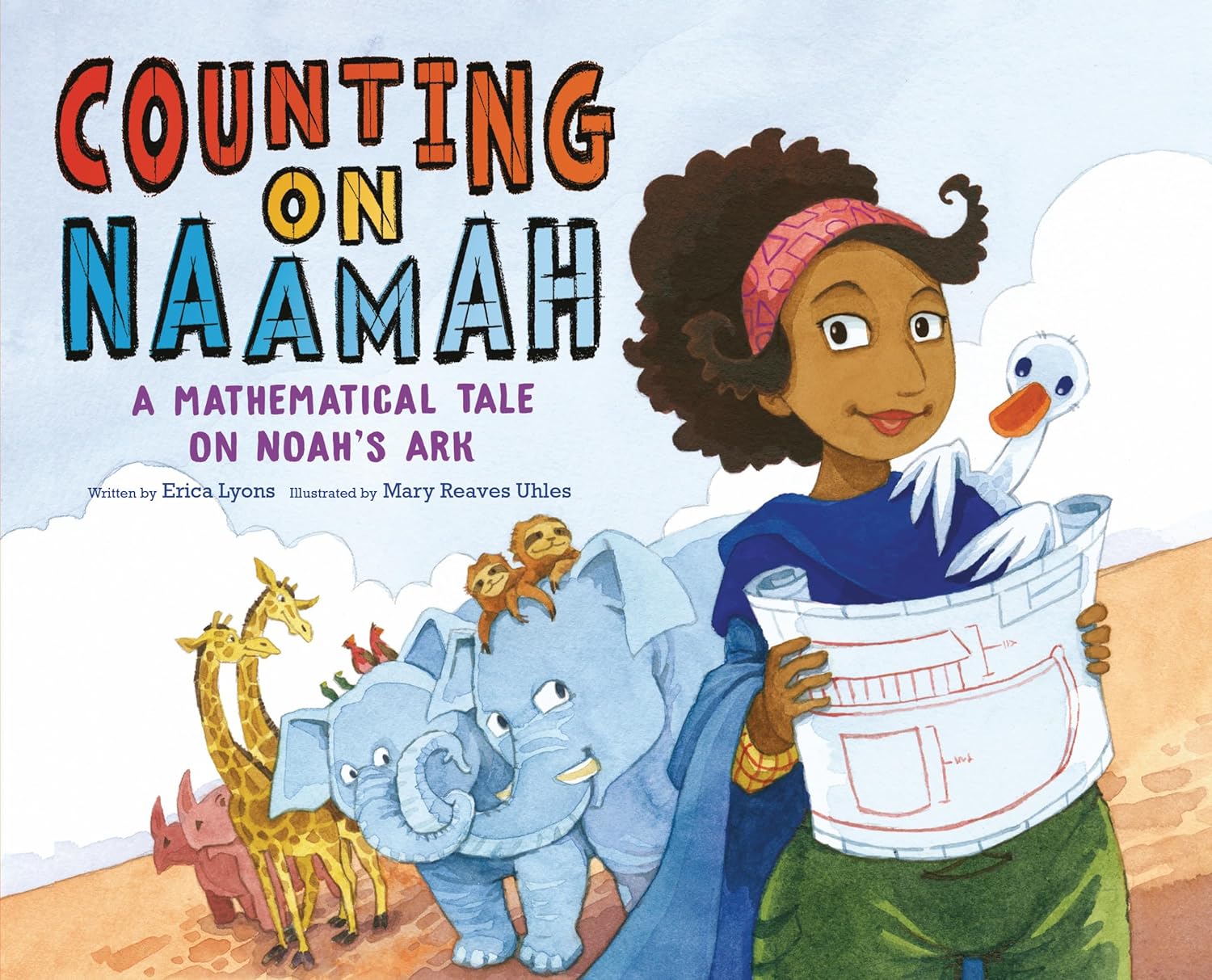To watch this sermon, delivered October 3, 2024, click here.
Sebastian Junger is now an accomplished journalist but he had just graduated college when he decided to hitchhike across the country. He had never been west of the Hudson River, having grown up in a Boston suburb where people’s homes were set behind deep hedges, and neighbors hardly interacted. And they didn’t need to—nothing ever happened that required collective effort. Anything bad was handled by the police, fire department, or town crews. The sheer predictability of suburban life left him hoping, oddly, for something like a hurricane or tornado—anything that would require people to band together to survive.
He was heading to California and had made it as far as Gillette, Wyoming, where he found himself standing by a highway one cold October morning. Standing there waiting for a truck or car to pick him up, he noticed a man walking up the on-ramp towards him—wild-haired, wearing a dirty old union suit, and carrying a black lunch box. Though the man didn’t seem threatening, Sebastian was nervous. He was alone, and had with him in his backpack everything he owned, for the moment, including a week’s worth of food. He didn’t mind sharing but he didn’t want to get robbed. The man walked right up to him, looked him and up and down, and asked: “How much food do you have?” Sebastian hesitated. He didn’t mind sharing especially with someone hungry but he didn’t want to get robbed and that seemed like what was about to happen. So he lied, saying, “Just a little cheese.” The man replied: “I’m out of work today, so I won’t be needing this.” The man handed his lunch box to Sebastian, saying, “You need more than a little cheese to get to California.”
Sebastian thought about that man for the rest of his trip. For the rest of his life. It wasn’t just the man’s generosity. It was the fact that he had taken responsibility for Sebastian, a stranger, in a way that made Sebastian feel part of his tribe. (Sebastian Junger, Tribe)
Tribe.
What a year, for us, for this tribe. Can you believe, I stood here one year ago, and preached… laughter? This year was a lot of things, but it was mostly not very funny. Not the kidnappings, the rapes, the murders, nor the deaths and suffering of innocent civilians caught in the cross-hairs of war. Not the campus protests that made many Jewish students feel unsafe and Jews everywhere wonder what happened. Not the anti-Semitism so many of us—our children and grandchildren—have encountered this year, often for the first time in our lives.
This year has been anything but funny.
This year has forced us to confront the unsettling reality that we might not have proven our worth to the world in the way we thought we had. For decades, we’ve shown how our Jewish values make us good citizens, generous philanthropists, and humanists. We’ve been excited to embrace tikkun olam—repairing the world—as the mission of the Jewish people. And we should be proud of that. But now, we face another question, one that feels more urgent: How can we show up for ourselves? How can we show up for the Jewish people?
In 1789, at the dawn of the French Revolution, Count Clermont-Tonnerre stood before the National Assembly. What to do with the Jews in a nation newly formed on the principles of equality, freedom, and secularism? Until then, Jews had few rights in France, or anywhere else in Europe. We were largely confined to ghettos, barred from owning land, excluded from many professions. We could not become craftsmen, join the military, hold public office, or into any profession requiring a university education. In the Arab world—yes, the Arab world—things were better, but across Europe, this was the standard.
It is against that backdrop that the Count made an impassioned speech. “Il faut tout refuser aux Juifs comme nation et tout accorder aux Juifs comme individus.” “We must refuse everything to the Jews as a nation, but grant everything to the Jews as individuals.” This statement shaped the way the Western world would view Jews for generations to come. Jews could be accepted as individuals—citizens of France, Germany, or America—but only if we left our “nationhood” behind. Yes, we would be freed from the ghetto—but not truly free to be Jews. The bargain was summarized by the Yiddish poet Judah Leib Gordon: “Be a man in the streets and a Jew at home.”
For centuries, we internalized this bargain. In exchange for access to education, jobs, and social acceptance, we learned to downplay our Jewish identity as a collective. Last spring at the Anti-Defamation League Conference, I sat among 20-somethings who pointed out how often we say, “I’m Jewish, but not religious,” or “I’m Jewish, but not Zionist,” as if we need to qualify our identity. In past generations, Jews converted as a way of leaving the Jewish community; today, we don’t need to convert to another religion, we simply leave by disassociating, by saying “I’m not really Jewish” or “I’m Jewish, in a way that I perceive will be acceptable to you.”
The bargain has worked beautifully, in so many ways. Here in America, we have found affluence and influence at levels rare in our 3,000-year history. We have thrived, welcomed into every sector of society.
But what this year has reminded us is that we are still a people, a nation. When Jewish Federations of North America organized the March for Israel in Washington last November, they expected about 60,000 people. Instead nearly 300,000 Jews and allies showed up. That day was one of the most moving and powerful of my life, to be standing as a proud Jew in our nation’s capital surrounded by am yisrael. I think of the teens and college students donning Jewish star necklaces, and the way so many of us have worn Bring Them Home signs around our necks all year long. I think of sitting in my office with Allison (I changed her name), a mom of a Zeman student and a toddler. She sat on the couch across from me, crying. “I don’t know why I’m crying,” she said. “I’ve never cared about Israel at all, it’s never been something I think about.” How she went on to organize a Jewish women’s gathering, the first time she ever thought she’d want something like that. I think of the way we have come together with our neighboring synagogues, setting aside whatever squabbles we have because finally, we get it: together is all we have.
My friends, we have outgrown the bargain. It’s time to show up not just as individual Jews but as Jews for Jews, Jews for the Jewish people, to reclaim our pride in being part of this ancient, resilient nation.
So how do we do it? How can we show up for our people? We who are here, and not on the front lines; we who can send donations and love but cannot physically be there right now; we who are mostly not students on college campuses and not professional activists – how can we, as individuals, show up for the Jewish people?
After writing more drafts of this sermon than I care to count, I realized only a few days ago that I needed to give this sermon now, here, at the end of our service this morning. Because of the Alenu.
The Alenu was written for today, for Rosh Hashanah, at least 1,800 years ago and perhaps even further back, for that moment we chanted it together in musaf, in full prostration. Many of us know the first part, alenu l’shabeach la-adon hakol, because of the melody, which is about 200 years old, and because we sing it at the end of every service. Why? Why was the alenu plucked from Rosh Hashanah to be recited every day? It was moved because it’s the statement of who we are and what we do. Alenu—the word means “it is upon us,” “we must.” We must fix the world, l’taken olam—this is where the phrase tikkun olam first appears. Right here! It’s our job: l’taken olam, heal the world, it is upon us.
But we cannot bring about healing for the world without first strengthening ourselves. The tikkun olam part is, after all, the second paragraph of the prayer. The Alenu begins with us, with the Jewish community.
Showing up for the Jewish people doesn’t mean closing ourselves off to others or abandoning our commitment to tikkun olam. On the contrary, we are called to care for ourselves, just like the flight attendants remind us to put our own oxygen masks on first. When we give tzedakah, according to Jewish law the poor in one’s family receive priority over the poor of one’s city, and the poor in one’s city receive priority over the poor far away. This is not selfishness—it’s wisdom. We start with our own and from there, help everyone who needs us.
So – how? How do we make this move, from caring for ourselves to caring for the world?
With the most Jewish of actions—mitzvot. A mitzvah is often translated as “good deed” but it’s actually much richer than that. A mitzvah is something we are obligated, as Jews, to do. The word comes from the root tzavta, which means connection. A mitzvah is an act that brings us closer to others. Good intentions are good, but they are not mitzvot. A mitzvah is more than a creed; it is a deed. Some mitzvot are ethical (“love thy neighbor”) and others are ritual (“light candles on Friday night”). Some fit into the overall ethical code of humanity (“thou shalt not kill”) and others are quite particular to the Jewish people (“blow the shofar”). Baruch atah adonai eloheynu melekh ha-olam asher kidshanu—when we do mitzvot kidshanu, we connect, we become holy, WE, in the plural, even when we each act on our own.
Today, I invite us each to take on a mitzvah. This year, I’m asking us to go deeper—not just to show up intellectually, or at home in our tents, but out in the world, with one another, for our people. At the end of the service today, Cantor Kissner and I will stand by the doors to greet each of you and there we have baskets. Inside the baskets are slips of paper, each containing one mitzvah. As you leave today, take one slip from the basket. This is your mitzvah for the year 5785, your way of showing up for the Jewish people. It doesn’t matter if you’re Jewish or not. All of us here today, every person in our families, is part of the Jewish community and is integral to Oheb Shalom and the fabric of the Jewish people.
And here’s the thing: when we do these mitzvot, we will be showing up in small concrete ways for one another. We will be delivering meals to one another for shiva. We will be inviting one another to sit at our tables on Shabbat. We will be making minyan together even if we have no clue what that is or what to do. Oheb Shalom has grown over the past three years and nearly one third of our congregation is new. Doing mitzvot for and with one another is how we will be here for one another, getting to know one another and deepening this community. Because showing up for the Jewish people isn’t an abstract concept. It is right here, right now. Strengthening the Jewish people from this very sanctuary and from here, the world.
Don’t like the mitzvah you chose? Take another. Already doing the one you picked? Swap it, or take this as a sign to deepen it. You could also decide that whatever you pull is meant for you and go for it. Unsure what to do once you’ve chosen? Good! That means we’ll need to ask each other for help, which is also a way to show up for one another and the Jewish people.
Showing up for the Jewish people is not about closing ourselves off to the rest of the world. It is not about insisting we are better than anyone else, nor is it about hiding and pretending we are anything but who we are. We are Am Yisrael, the Jewish People. The world needs us. We need one another. Let’s show up.
As the Alenu teaches, it is upon us. Alenu. We must.



